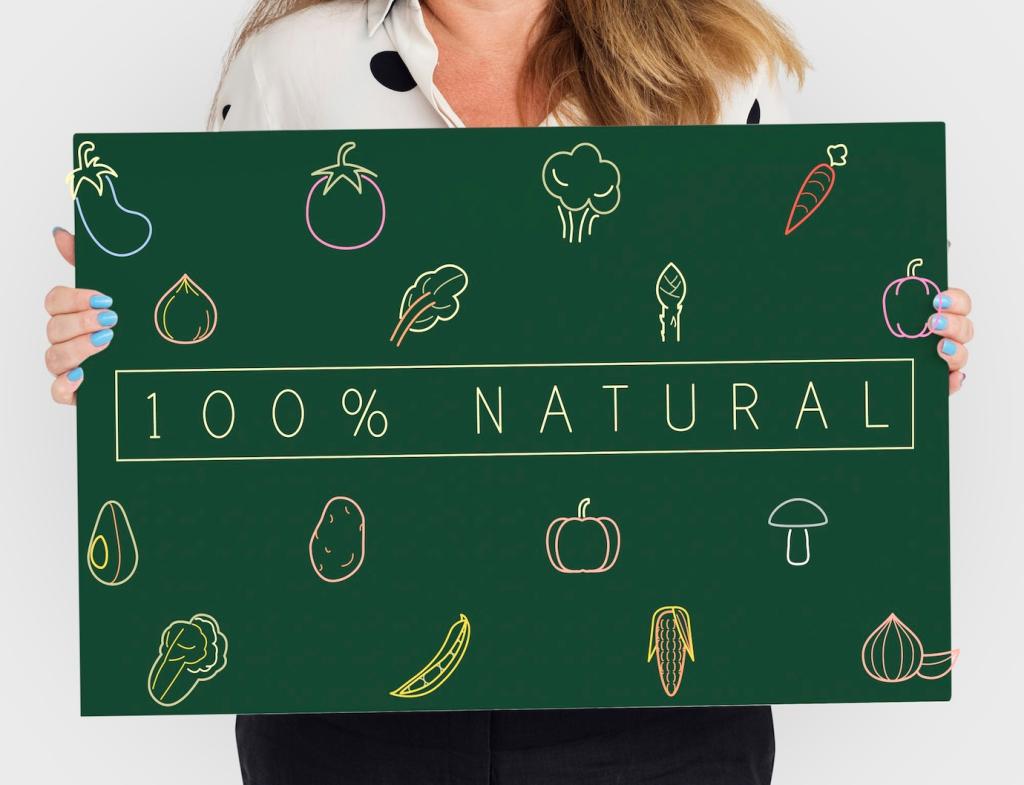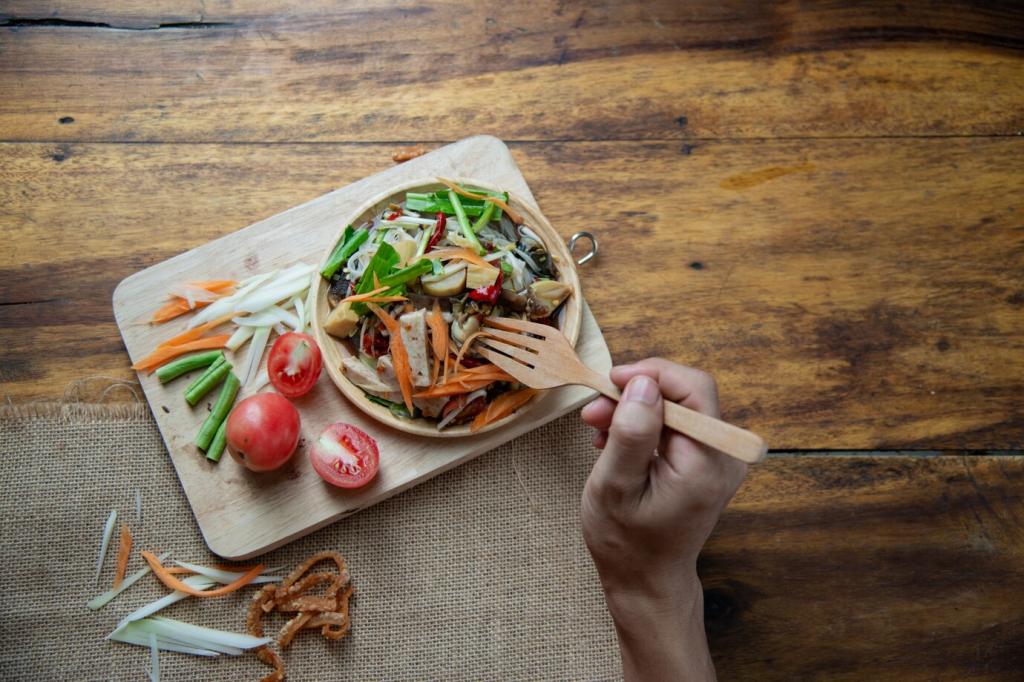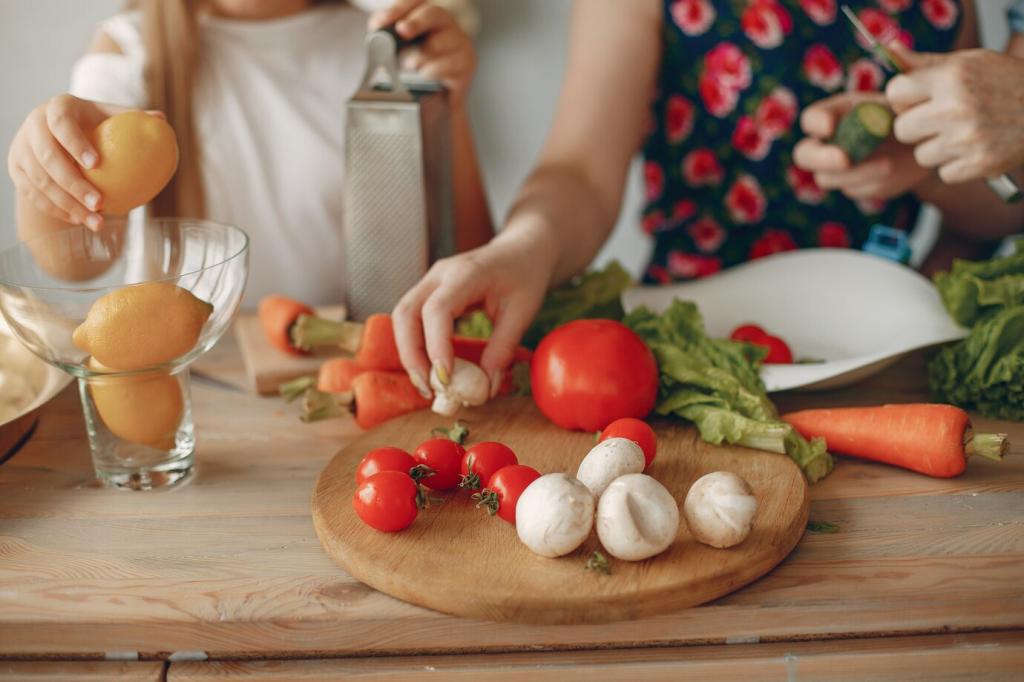
Savor the Soil: Cookbooks That Champion Organic Gardening Methods
Today’s chosen theme: Cookbooks That Champion Organic Gardening Methods. Explore how chef-gardeners fuse soil wisdom with seasonal recipes, guiding you from seed to skillet. Subscribe and share your favorite organic-forward cookbook to keep this living library thriving.
Soil-First Philosophy on Every Page
The best organic-minded cookbooks start underground, teaching that healthy soil is the first ingredient in every dish. Expect approachable explanations of compost, mulch, and mycorrhizae woven between recipes that celebrate nutrient-rich, living earth.
From Beneficial Bugs to Basil
Chapters reveal how ladybirds, lacewings, and hedgerows protect your basil better than sprays ever could. You’ll follow diagrams for habitat planting, then flip to sauces and salads that taste brighter thanks to resilient, unsprayed leaves.
Seasons as Teachers
Seasonal tables become planning tools, syncing sowing dates with peak flavor windows. You’re nudged to plant what you intend to cook, minimizing waste while maximizing nutrition, aroma, and the joy of cooking at nature’s pace.
Inside the Pages: The Organic Playbook Disguised as a Cookbook
Sidebars connect sowing dates to density, sunlight, and water needs, then tie each variable to flavor. Pick the right week for arugula, and you’ll finally understand why peppery notes pop without bitterness or bolting.
Circular Kitchen: Compost, Waste, and Flavor
Step-by-step pages move carrot tops and coffee grounds into airy piles, then back into beds where carrots return sweeter. The workflow feels rhythmic, like a recipe, and invites you to participate every single day.
Circular Kitchen: Compost, Waste, and Flavor
Margin notes decode odors, temperatures, and moisture with the same clarity as a soup technique. If your heap cools, you’ll know why—and which kitchen scraps to add—before you finish chopping onions for dinner.
Circular Kitchen: Compost, Waste, and Flavor
Family sections frame compost and organic care as playful science. Assign small roles—thermometer reader, browns collector, spritz captain—then celebrate with a pizza topped by the very herbs nourished through yesterday’s peels and stems.
Grandmother’s Dog‑Eared Notes
One reader found penciled compost ratios tucked beside a bread recipe, a reminder that thrift and fertility once shared a kitchen table. Recreating that loaf, she revived the heap—and a family ritual of mindful cooking.
A Community Potluck That Planted a Meadow
A book-club potluck ended with neighbors swapping wildflower seed mixes suggested by a chapter on pollinators. Months later, salads glowed with edible blooms, and pesticide sprays quietly disappeared from sheds across the block.
First No‑Dig Bed, First Honest Tomato
After reading a no‑dig chapter, a new grower layered cardboard and compost, then waited. The first tomato needed only olive oil and a pinch of salt to taste astonishing—proof that patience seasons better than chemicals.


How to Choose Your Next Organic‑Minded Cookbook
Look for authors who farm, cite research, and photograph real beds, not staged platters alone. Clear sourcing, named cultivars, and documented trials signal integrity that will guide your garden and your cooking reliably.
How to Choose Your Next Organic‑Minded Cookbook
Favor layouts with side-by-side garden tasks and recipes, QR-linked tutorials, and climate notes. A book that anticipates muddy hands and busy evenings is far likelier to change habits than glossy inspiration alone.


Micro‑Challenges Straight From the Chapters
Collect kitchen scraps for one week, layering with leaves or shredded paper per the book’s ratio guide. Track temperature once daily, and post a photo journal to inspire other readers to start their own heaps.
Micro‑Challenges Straight From the Chapters
Grow basil with tomatoes, dill with cucumbers, and nasturtiums nearby, then host a tasting night. Use cookbook pairings to highlight how companion planting elevates flavor while naturally discouraging pests without any synthetic interventions.
